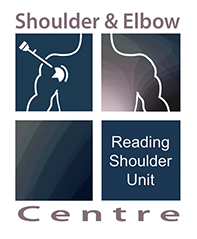Trattamento artroscopico dell’instabilità antero-inferiore di spalla con tecnica purse-string (PST): risultati a lungo termine
Introduction: The arthroscopic treatment of antero-inferior shoulder instability with multiple anchors has proved to be a valid method. In this paper we present the results of the “purse-string” technique (PST), a single anchor arthroscopic technique.
Aim: Evaluate the efficacy of the PST (in the treatment of antero-inferior shoulder instability in terms of long-term functional outcomes and complication rates.
Methods: We retrospectively evaluated a sample of 43 patients with a mean age of 29.1 years (range 17-53 years) treated with the PST for post-traumatic antero-inferior shoulder instability at the Reading Shoulder Unit between February 2006 and December 2011. The cohort included 11professional (25.5%) and 29 amateur athletes (67.4%). The Constant score, Rowe score, Walch-Duplay score e DASH score were used for the clinical evaluation. All complications, including the failure rate, were reported.
Results: The mean follow-up was 113.1 months (range 84-146). The failure rate of the procedure was 9.3% (4 patients). At the last follow-up, the mean Constant score was 93.7 (range 72-100), the mean Rowe score was 92,9 (range 60-100), the mean Walch-Duplay was 92.4 (range 60-100) and the mean DASH score was 3.9 (range 0-24.1). Twenty-five athletes (62.5%) (out of 40) returned to their preinjury level of sports. 9 (22.5%) reduced their level.
Conclusion: The arthroscopic PST has proven to be a reliable method in treating patients with post-traumatic antero-inferior shoulder instability, with good long-term functional results and low failure rates, comparable to traditional techniques.
